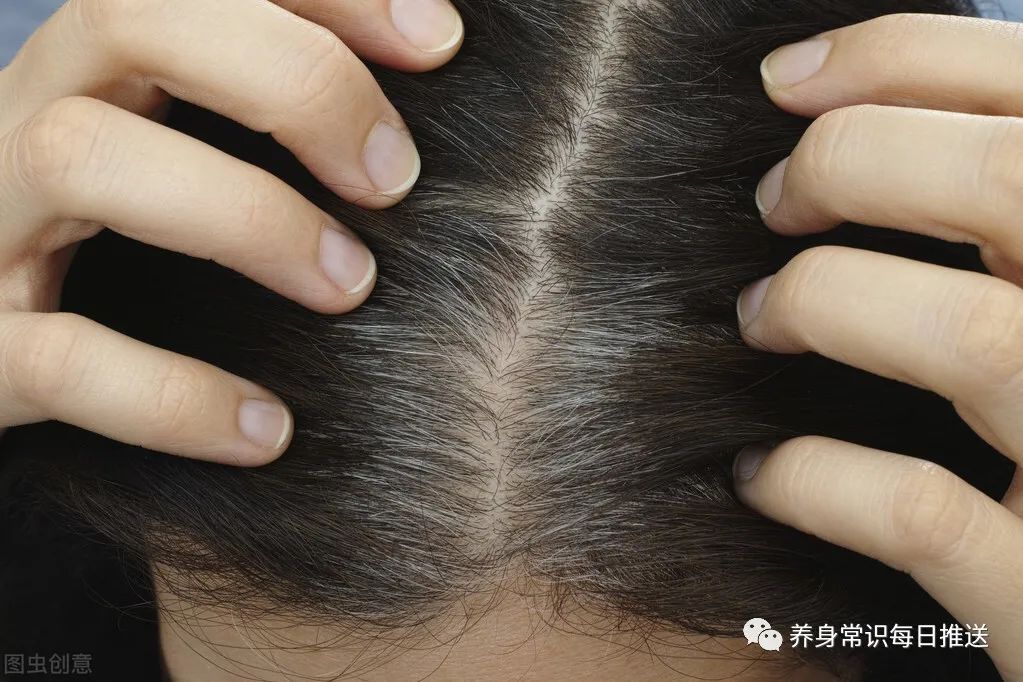We often talk about health preservation, but what exactly does it mean? “Nourishing” implies following the natural course, without force or resistance. Nourishing the liver is an art; it means aligning with the liver’s preferences and characteristics. We should provide what the liver likes and follow the flow of liver qi without suppressing it, which is the essence of shū gān (liver soothing). The liver thrives on openness and expansion; when you are happy, your liver is joyful. Conversely, if you are depressed, it suppresses the liver, leading to feelings of constraint. When the liver feels constrained, it can cause various issues. Nourishing the liver also involves nourishing the spleen, as liver blood is fundamental for regulating qi and blood. Blood is stored in the liver, which governs the smooth flow of qi and aids the spleen and stomach in their functions.

When the liver is compromised and qi and blood flow is obstructed, it manifests as what TCM describes as: “gān qì bù shū” (liver qi stagnation) and “gān yù qì zhì” (liver depression and qi stagnation). The following are major symptoms:
Constipation: The liver’s ability to regulate is diminished, affecting the spleen and stomach’s ability to ascend and descend, leading to irregular bowel movements.
Chest and rib pain: This often occurs in individuals with emotional fluctuations or those who harbor anger, accompanied by symptoms such as belching and nausea.
Menstrual irregularities: Dark menstrual blood, delayed periods, low flow, and clots, often accompanied by headaches and acne.

Irritability: It is said that women with liver qi stagnation are hard to deal with; why? Because liver qi stagnation can lead to irritability, easy anger, and a heavy heart, making one feel as if every day is a struggle against negativity.
Over time, prolonged liver stagnation depletes our qi. Qi and blood are the foundation of life, akin to sunlight outside; the functioning of the five organs relies on the spleen’s operation. In other words, qi centers around the spleen, promoting blood circulation and nourishing the entire body.
When the spleen is healthy, qi and blood are abundant; conversely, if the spleen is weak, qi and blood are insufficient. Once qi and blood are deficient, it leads to symptoms such as chest tightness and shortness of breath, with a constant desire to take deep breaths. However, even slight physical activity can lead to fatigue and breathlessness.

Only with the normal operation of qi and blood can the health of the body be ensured. When the body is rich in qi and blood, the complexion is rosy; conversely, a dull, rough complexion can lead to premature aging.
Check these seven areas to self-assess if you have insufficient qi and blood:
Skin:
Rough skin, dull complexion, and spots; sufficient qi and blood are necessary to nourish the meridians, which in turn deliver beneficial substances to the skin. When qi and blood are abundant, the skin is rosy; otherwise, it appears dull.
Hair: Hair loss, dull yellow color, and even greying can occur.
Hair is a product of blood; when qi and blood are deficient, hair loss can be severe.

Eyes: Dry eyes with bloodshot appearance.
Yellowing and lack of luster in the eyes indicate insufficient liver blood, while dryness and heavy eyelids signify a deficiency in qi and blood.
Hands and feet: Cold hands and feet, excessive sweating in the palms.
Cold extremities often indicate poor blood circulation.
Ears: Dark-colored ears lacking luster, with wrinkles, and even tinnitus.
Gums: Pale and receding gums, with enlarged gaps between teeth.

Sleep: Palpitations, insomnia, poor sleep quality, frequent dreams, easy awakening, frequent urination at night, heavy breathing, or snoring. Heart blood deficiency can lead to a restless spirit, causing sleeplessness. A significant portion of insomnia is due to insufficient qi and blood.
So, what should be done about liver stagnation and qi and blood deficiency?
The Compendium of Materia Medica mentions a wonderful herb: méi guī (rose).
Roses are not just a must-have for Valentine’s Day; they have several significant benefits:
Invigorating blood and resolving stasis:
Regular consumption can help eliminate blood stasis, promote smooth menstrual flow, and reduce the occurrence of dysmenorrhea. It can also treat menstrual delays, low flow, and obstruction caused by liver qi stagnation.
Soothing the liver and relieving depression:
The greatest benefit of roses is their ability to regulate dark spots on women’s faces. Dark spots are a sign of liver qi stagnation. Many women, due to excessive life stress, tend to get angry, unaware that anger can harm the liver and lead to spots.
Regulating breast diseases:
Since the liver meridian passes through the breasts, roses can help regulate the liver, promote qi, invigorate blood, and eliminate stasis.
Treating migraines:
Liver qi stagnation can lead to blockages, causing heat to rise to the head, resulting in dizziness and headaches. Roses are particularly effective in soothing the liver and regulating qi, dispersing stagnant liver qi.
In fact, to soothe the liver, just roses are sufficient, but to nourish qi and blood, ginseng is needed.
Rén shēn (ginseng): It has the effects of tonifying the spleen and lung, generating fluids, calming the mind, and nourishing qi and blood.
Brewing ginseng with roses creates a tea that both soothes the liver and relieves depression while nourishing qi and blood, addressing both issues simultaneously. Regular consumption will make the liver feel lighter and reduce illness, leading to a healthier spleen and stomach!

Want to learn more about health preservation?
Long press the image to scan the QR code
Follow the WeChat public account “Daily Health Tips”


